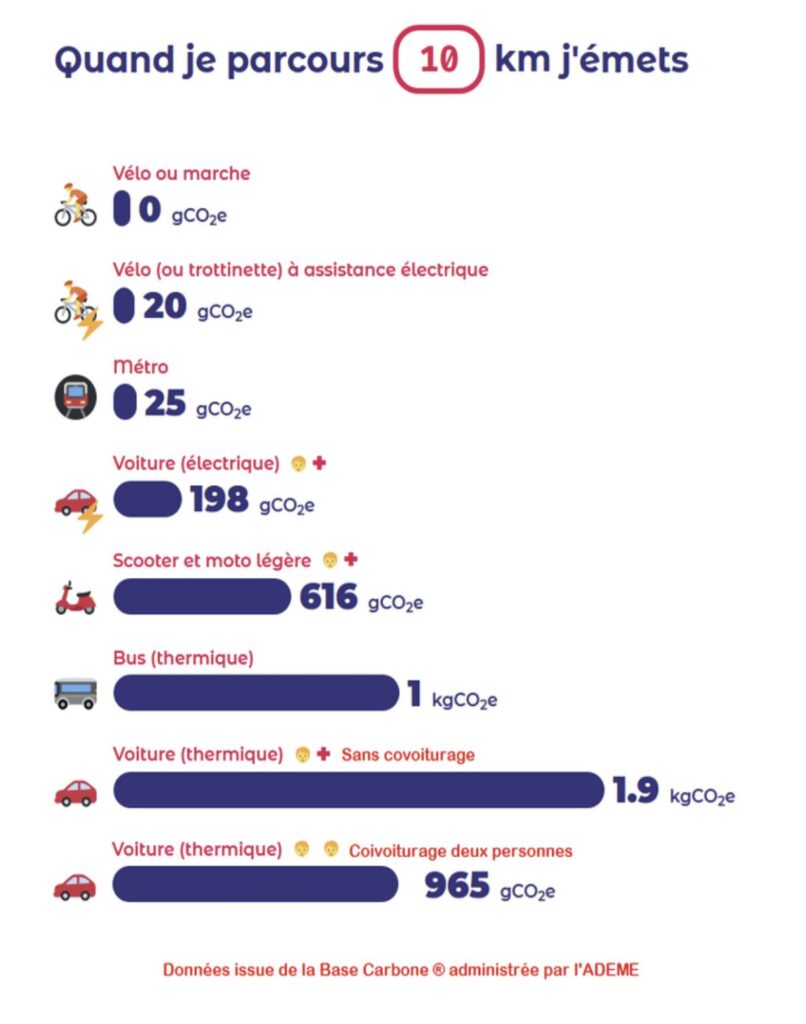Come and discover the benefits of car sharing! Blablacar Daily Campus Event
Where to meet? Monday 7 October 12 noon - 2.30pm on two campuses!
Come and meet the BlaBlaCar Daily teams and discover all the advantages of car sharing.
Good to know:
1 – Greater Avignon offers you free travel
The journeys covered are over 2 km and under 80 km and entirely free of charge for passengers.
Drivers receive :
- 1 per passenger carried per journey of 2 to 10 km,
- 1 per passenger carried + €0.10 per additional km per journey of 10 to 20 km,
- 2 per passenger carried per journey between 20 and 80 km,
Example: A driver travelling from Avignon to Isles sur la Sorgues (24 km) with two passengers would receive €4 for the outward journey and €4 for the return, i.e. €8 at the end of the day.
Blablacar Daily's offer has also been extended to include journeys for shopping, leisure ...
2 – The advantages of carpooling
Carpooling allows :
- Offer a mobility solution in areas where there are few others
- Free travel for passengers or significantly reduced costs for drivers
- Limit greenhouse gas emissions, even though cars are used for daily travel
- Reduce air pollution in cities
- Generate parking gains
- In addition, for Avignon Université staff, access to the sustainable mobility package set up at the University (up to €300 / year)
- Meet new people and exchange ideas during the journey
It's a way of being environmentally active by taking care of your mobility.
It is also a concrete example of territorial solidarity (source: Ademe, Développement du covoiturage régulier, 2017)
Carpooling has three main constraints:
- Organising and anticipating journeys, for both driver and passenger
- Extend the route a little, sometimes taking a short diversions (but not always).
- Make transport schedules compatible between driver and passenger(s)
3 - Focus on carpooling at Avignon University
In our University, according to a study carried out by the UMR Espace, 25 % of students use the car for their daily journeys, but carpooling accounts for only 3 % of journeys. The proportion is doubled for staff, 50 % of whom use the car for their daily journeys, while car-sharing accounts for only 10 %. In terms of kilometres travelled, the private car is far ahead of the bus for both students and staff, which is a very high impact form of transport. In terms of greenhouse gas emissions, the gap widens still further because the private car is the most emitting means of transport (if we consider a very low proportion of electric cars, which is the reality at the moment).

(For information, on a national scale, 70% of home-work journeys are made by individual vehicles, most of them by car alone, and it is estimated that 3 % is made by carpooling on a daily basis).
Updated on 4 October 2024